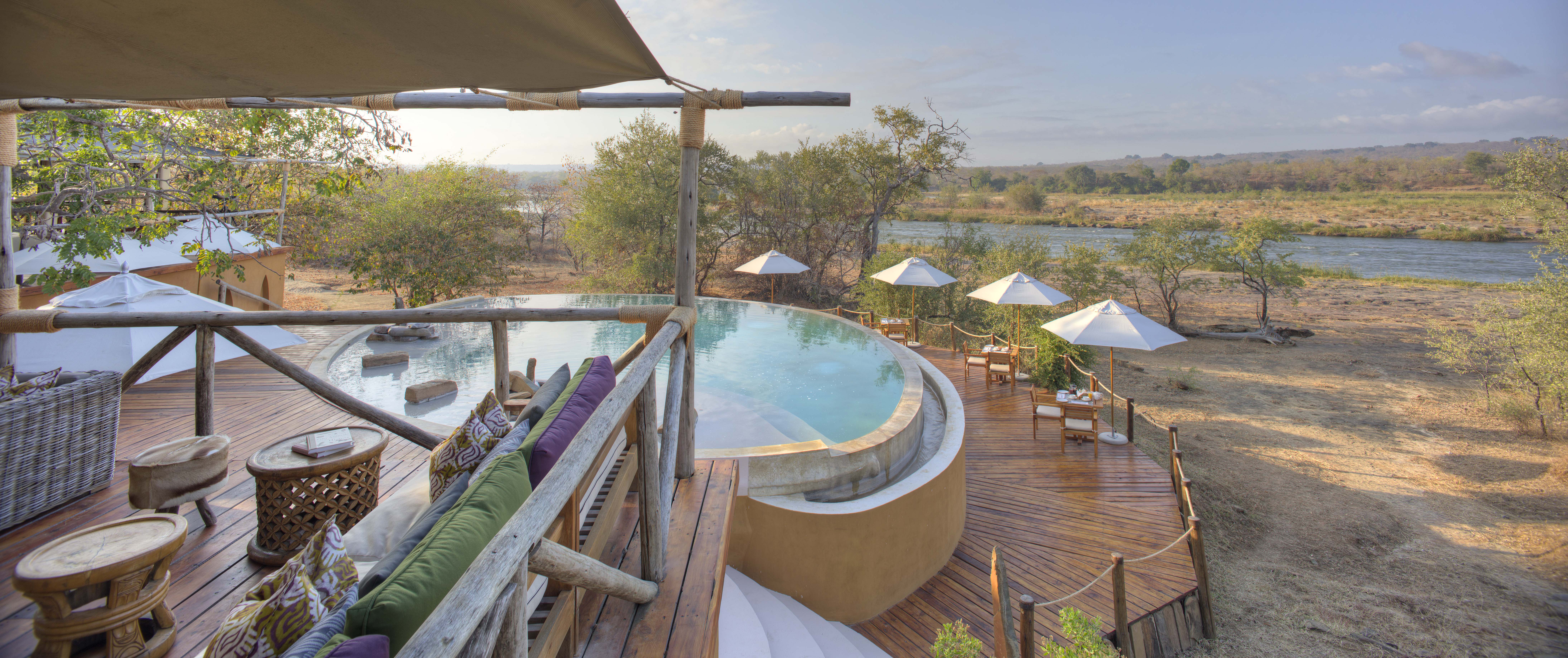
-
Inspiration
-
Tailor-Made
- Tailor Made Holidays by Month
- Action & Adventure
- Adults Only
- All-Inclusive
- Culture
- Festive Breaks
- Islands
- Multi-Centre
- Overwater Bungalows
- Safari Beach
- Sailing
- Unusual & Unique
- Wildlife
- Winter Sun
-
Honeymoons
- Honeymoons By Month
- Adventure Lovers
- Beach Bliss
- Babymoons
- Familymoons
- Island Hopping
- Mini-Moons
- Overwater Bungalows
- Safari Beach
- Twin-Centre
- Unique Honeymoons
- Families
-
Special Occasions
- All-Inclusive
- Bucket List
- Big Birthdays
- Blow the Budget
- Once in a Lifetime
- Private Villas & Islands
- Wedding Anniversaries
-
Tailor-Made
-
Destinations
- Africa
- Australia & New Zealand
- Asia
-
Caribbean
- Anguilla
- Antigua and Barbuda
- Barbados
- Bermuda
- British Virgin Islands
- Grenada
- Jamaica
- Saint Lucia
- Sint Eustatius
- St Barths
- St Kitts & Nevis
- St Vincent & The Grenadines
- Sailing the Caribbean
- Turks & Caicos
- Indian Ocean
- Mediterranean
- Mexico
- Middle East
- North America
- South Pacific
-
Honeymoons
- Honeymoons By Month
- Adventure Lovers
- Beach Bliss
- Babymoons
- Familymoons
- Island Hopping
- Mini-Moons
- Overwater Bungalows
- Safari Beach
- Twin Centre
- Unique Honeymoons
- Offers
- Gift List
- Blog
-
About
- Our Brochures
- Our Story
- Our People
- Our Awards
- Our Reviews
- Our Partners
- Our Community
- FAQ
- Booking Conditions
- Insurance
- Careers
- Contact

- Homepage
- Destinations
- Africa
- Tanzania
Holidays in Tanzania
Comprising the largest chunk of East Africa, it’s hardly a surprise that Tanzania itself is a land of superlatives. It has Africa’s highest peak, Kilimanjaro, the continent’s biggest lake, Lake Victoria, and the wild Serengeti, which derives from the Maasai term for ‘endless plains’. Nearly all corners of Tanzania bristle with places fit for a luxury safari holiday.
The locations in its north are of bucket list-worthy proportions. Your first trip to the rolling grasslands of the vast Serengeti National Park is one that will stay with you forever, not to mention the epic spectacle of millions of wildebeest charging towards the Masai Mara in Kenya. Elsewhere, the green vistas of the Ngorongoro Crater are studded with stalking lions, while flamingos add a blush tinge to the lakes which pool the lush Great Rift Valley.
Western Tanzania is a safari dream, too, with Katavi National Park’s rivers and swamps brimming with crocodiles and hippos. The south is more off-the-beaten-track and on a good day, you’ll likely see more wildlife than humans among the rivers, plains and forests of Selous Game Reserve and neighbouring Ruaha National Park bustles with the country’s largest elephant population and over 400 species of bird. So, the question you’ll likely ask yourself when planning a holiday to Tanzania is not when to visit, but where?
Tanzania highlights
Just hearing the name Serengeti sparks an imagination filled with beasts charging across vast open bushlands and sunsets melting over dusty savannahs. The reality doesn’t disappoint and this epic landscape grips any traveller who visits, whether they catch a glimpse of lions, cheetahs and hippos stalking the plains on safari or witnessing possibly the planet’s greatest wildlife spectacle, where over a million wildebeest storm towards the Masai Mara. In the Serengeti, it feels like this ancient rhythm of wildlife has been this way forever, a mystical power that you can’t fail but be entranced by. Pure animal magic.
Formed after a volcano the size of Mount Kilimanjaro erupted millennia ago, the UNESCO-listed Ngorongoro Crater is now the largest extinct caldera in the world. The view from above is majestic enough but slip down inside its slopes and you’re treated by a feast of wildlife. This natural emerald bowl cradles wildebeest, zebra, and the ‘Big Five’, while your ears are often pricked by the soundtrack of elephants trumpeting and lions roaring among the grassy swathes. It’s a place though, where even if there isn’t any wildlife in your eyeline, you’re captured by the utter beauty of the landscape.
While Tanzania’s northern safari circuit attracts the lion’s share of wildlife spotters, the southern end of the country arguably matches it. At just over 21,000 square miles, Selous Game Reserve is Africa’s largest and its size means a rich diversity of ecosystems, a place where hippos and crocodiles bathe in riverine marshland and wildebeests, impalas and wild dogs prowl the woodlands. Twin it with Ruaha National Park, a classic African vista where undulating plateaus are studded with baobab thickets and rock outcrops. Its striking scenes are filled with Tanzania’s biggest elephant population, along with ostriches, cheetahs and gazelles.
For a safari holiday that’s really off the beaten track, the western corner of Tanzania is where you’ll find it. Katavi National Park is a true wilderness, where thousands of elephants, buffalos and giraffes jostle for space in its floodplains, while hundreds of hippos soak up a watering hole like a giant public bath. Neighbouring Mahale Mountains National Park is a land of staggering beauty and well worth a visit. Here, lush forested peaks surge up from the vast Lake Tanganyika, a wild world where chimpanzees rule, along with giant pangolins, monkeys and a wide variety of birds. Best of all, you’ll likely have these pair of wildernesses all to yourself.
The palm-swayed beaches of the Zanzibar archipelago are the perfect place for respite after time spent watching wildlife on mainland Tanzania. While its sands, people and waters are dreamy, it’s also a cultural crossroads of African-Arabian influences, reflected in its charming villages and tasty cuisine.
Enquire Now
Where to stay in Tanzania
The entire country of Tanzania is like a patchwork of many different wildlife experiences, from the well-known national parks and game reserves in the north (including the Serengeti) to the more off-the-beaten-track wildlife encounters you can have in the south and the west. A range of lodges and camps offer a blend of authentic Swahili living with a taste of luxury amid the African bush.
The best time to visit Tanzania
In truth, there’s no bad time to plan a safari holiday to Tanzania. Wildlife spotting is excellent year-round but your best chances are from January to March and June to October.
January to March are the hottest months of the year, with thirsty animals congregating around watering holes. It’s also the calving season, with wildebeest giving birth to their young in the southern parts of the Serengeti. The calving also attracts predators, leading to exciting game viewing!
April to May brings the long rains, often referred to as the green season. The weather can make the access to camps difficult but birdlife is abundant and it’s a time when the flora blooms into life.
June to October is the dry season and a fantastic time to visit Tanzania, especially as the wildebeest start to make their way north to the Masai Mara in Kenya as part of the extraordinary Great Migration spectacle. Wildlife is rife, the scenery is stunning following the rains and it’s also a great time to visit the coast, which is peak season – a great time for honeymooners!
November and December sees the ‘short rains’ arrive but don’t let that put you off. It’s quieter than Tanzania’s peak seasons, the game viewing is still good and the scenery is lush, making it an ideal time for photography.
Tanzania travel essentials
Typhoid, Polio, Tetanus and Hepatitis A vaccinations are recommended. You’ll need a Yellow Fever certificate if you’re travelling from an endemic country, such as Kenya. Consult your GP at least four to six weeks before travelling for vaccination advice and information regarding anti-malarial medication.
The time difference is GMT +2 hours (+3 hours October-March).
The flight time from London to Dar Es Salaam, including a stopover along the way, is from around 13 hours.
The currency is the Tanzanian shilling.
British passport holders need a visa to enter Tanzania. This is typically issued on arrival but you apply for a visa beforehand via post or through an appointment at the Tanzania High Commission in London. The price of a standard visa is £40.
Meet our Tanzania specialists

Sign up to our newsletter for the latest news and offers





